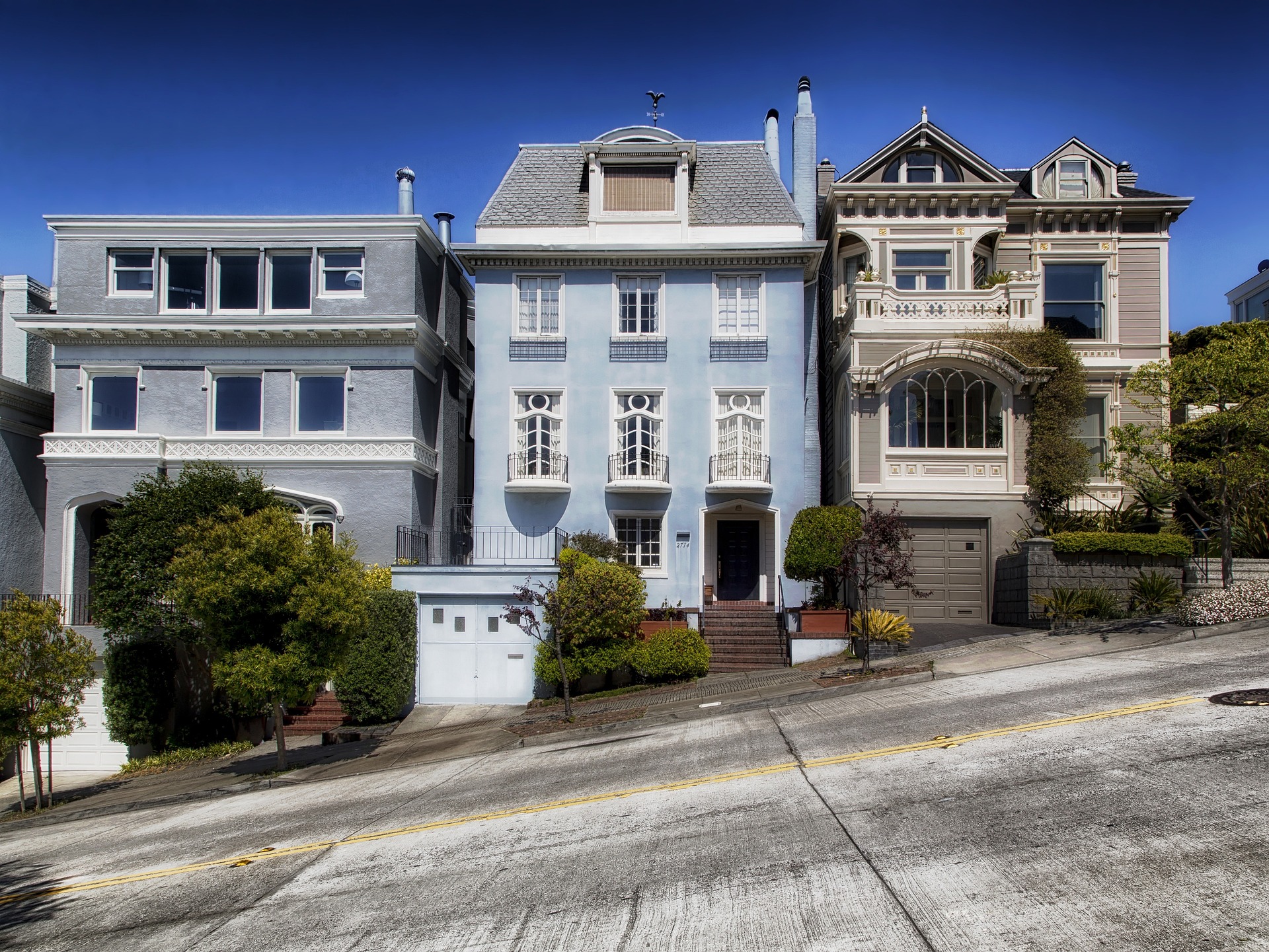How Historical Property Renovations Influence the Real Estate Market
The real estate market is witnessing a revival trend as more buyers seek out historical properties for their charm and character. But how do renovations of these vintage properties impact the market? Read below to delve into this fascinating trend.

The Allure of Historical Properties
Historical properties are often rich in charm and character. They offer a unique blend of history, architecture, and culture that is hard to replicate in modern buildings. These properties often boast ornate detailing, solid construction, and unique layouts that contribute to their allure. They are often located in well-established neighborhoods, contributing to their appeal.
Renovations and Market Value
Renovations of historical properties can significantly increase their market value. By preserving the historical features while updating the property to meet modern living standards, owners can create a unique and desirable home. This can attract a broader range of buyers, driving up the property’s price.
Renovation Challenges and Rewards
Renovating historical properties is not without its challenges. It often involves navigating local preservation laws and dealing with unexpected issues like outdated electrical systems or structural problems. However, the rewards are often worth the effort. Restored historical properties tend to hold their value well and can even command a premium in the market.
Impact on the Real Estate Market
The trend of renovating historical properties is leading to a resurgence in certain neighborhoods. This has a ripple effect on the surrounding real estate market, driving up property values and attracting more buyers to the area. It can also lead to increased interest in preserving other historical properties, further enhancing the vibrancy and character of the neighborhood.
The Future of Historical Property Renovations
As more people recognize the value and appeal of historical properties, we can expect this renovation trend to continue. This not only has implications for individual property values but also for the broader real estate market. With increasing interest in sustainable living and a desire for unique homes, historical property renovations are set to play a significant role in shaping the real estate landscape.
Useful Tips and Facts: - Historical properties often have unique architectural features and a rich history that adds to their appeal. - Renovating a historical property can significantly increase its market value. - Navigating local preservation laws can be a challenge when renovating historical properties. - Restored historical properties tend to hold their value well in the market. - The renovation of historical properties can lead to a resurgence in the neighborhood and increase property values.
In conclusion, the trend of renovating historical properties is influencing the real estate market by driving up property values and attracting more buyers. We can expect this trend to continue, shaping the future of the real estate landscape.




